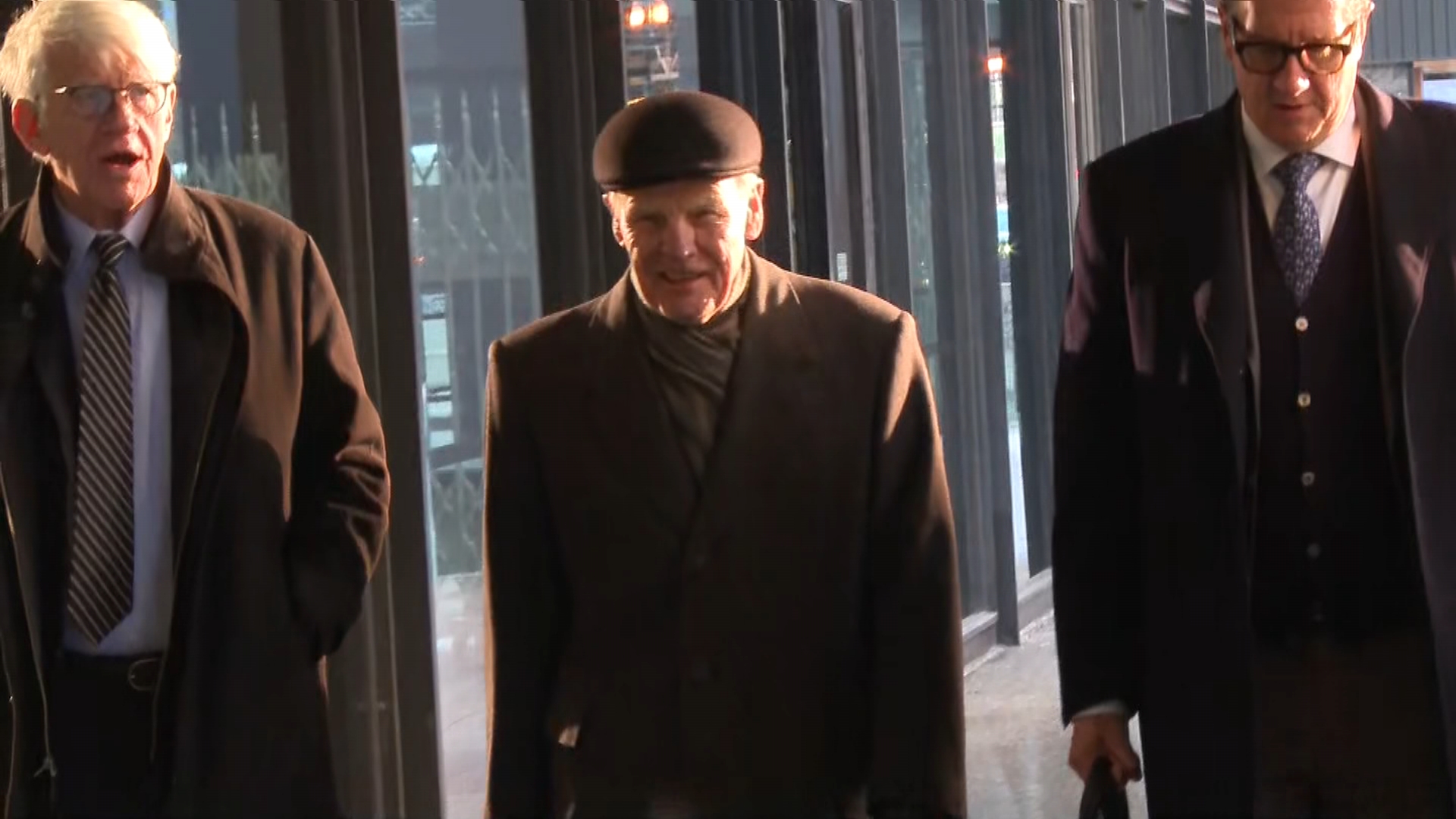Gov. J.B. Pritzker signed a "landmark" criminal justice and police reforms bill into law Monday, bringing an end to cash bail in Illinois and implementing new "police accountability" protocols.
Pritzker called the bill "a transformative step forward in Illinois' effort to lead the country in dismantling systemic racism."
"All of this was fueled by the experiences of those who have lived with police brutality and discrimination in this terrible year in the middle of a brutal viral pandemic that hurt Black people and brown people disproportionately," Pritzker said. "These lawmakers fought to address the pandemic of systemic racism in the wake of national protests over the murders of George Floyd and Breonna Taylor and Ahmaud Arbery and Tamir Rice and Eric Garner and Quintonio LeGrier and Laquan McDonald and so many others. They transformed the pain into progress and in just a few moments into law. Not only that, but this bill was infused with the power of individuals most directly impacted survivors of domestic violence survivors of crime, and those who have been detained pretrial only because they are poor. We are a stronger state when we lift up these voices."
House Bill 3653, authored by the Illinois Legislative Black Caucus, was passed by the General Assembly last month.
"It's February, and we're celebrating Black History Month. Black History is about monumental moments and movements that serve as catalysts for change. Today is both," said Lt. Gov. Juliana Stratton. "I've come to realize that one of the best ways to celebrate black history is by doing everything that we can to protect black futures and House Bill 3653 aims to do just that."
Part of the "significant changes" are new police training policies, including crisis intervention and de-escalation tactics, police accountability, transparency in law enforcement and the rights of detainees and prisoners, according to Sen. Elgie R. Sims, Jr., who sponsored the bill.
Sims said the bill "increases accountability and transparency in law enforcement, modernizes our bail and sentencing systems, and provides for greater protections and more humane treatment of those who have been arrested and accused of crime.”
Among the changes is the elimination of monetary bail, which allows judges to release people before trial, with the exception of those charged with certain felonies or if the accused person presents a risk of harming others or fleeing.
Proponents of the measure argued that the state's current bail system disproportionately affects low-income people of color who are awaiting trial.
Feeling out of the loop? We'll catch you up on the Chicago news you need to know. Sign up for the weekly Chicago Catch-Up newsletter.
Chicago Politics
"We absolutely must protect public safety - and to be clear, that is the priority of this administration - but we must stop criminalizing being poor," Stratton said.
The bill was praised by Cook County State's Attorney Kim Foxx, who called it a "step in the right direction."
"Eliminating cash bail ends the practice of detaining non-violent offenders simply because they are poor while also preventing violent offenders from being released because they can afford bail," she said in a statement.
But some law enforcement officials opposed the measure.
"We think it will cause problems," said Ed Wojcicki with the Illinois Association of Chiefs of Police. "We understand the rationale for it, but there needs to be a lot more serious concern and a lot more latitude for judges to determine whether someone might be dangerous to society before letting them out on bail."
The package also includes a requirement that all police officers wear body cameras by 2025, a ban on all police chokeholds, new guidelines for "decertification" of police officers, and an end to suspended licenses for failure to pay, among several other changes.
Illinois Republican Party Chairman Don Tracy said the bill "is willfully undermining public safety - endangering citizens, emboldening criminals, and making Illinois less safe for families."
"With the ending of cash bail, HB 3653 mandates the immediate release of persons arrested for burglary, arson, and kidnapping onto our streets while they await trial," Tracy said in a statement. "The bill legalizes resistance to arrest in many cases and allows anonymous complaints to end a police officer’s career."
Pritzker addressed critics ahead of the bill's signing Monday, saying "opponents of this law, don't want any change."
"[Opponents] don't believe there is injustice in the system and are preying upon fear of change to lie and fearmonger in defense of the status quo. But let me say this to the people of this great stat: All Illinoisans will live in a safer and more just state with this law on the books," Pritzker said.
The American Civil Liberties Union applauded the bill's signing.
“We are excited about the important changes to policing and our criminal justice system signed into law today by Governor Pritzker," the group said in a statement. "Reforming criminal justice and demanding meaningful police accountability are critical priorities for communities and people that are most harmed by the broken policing and criminal legal systems."



